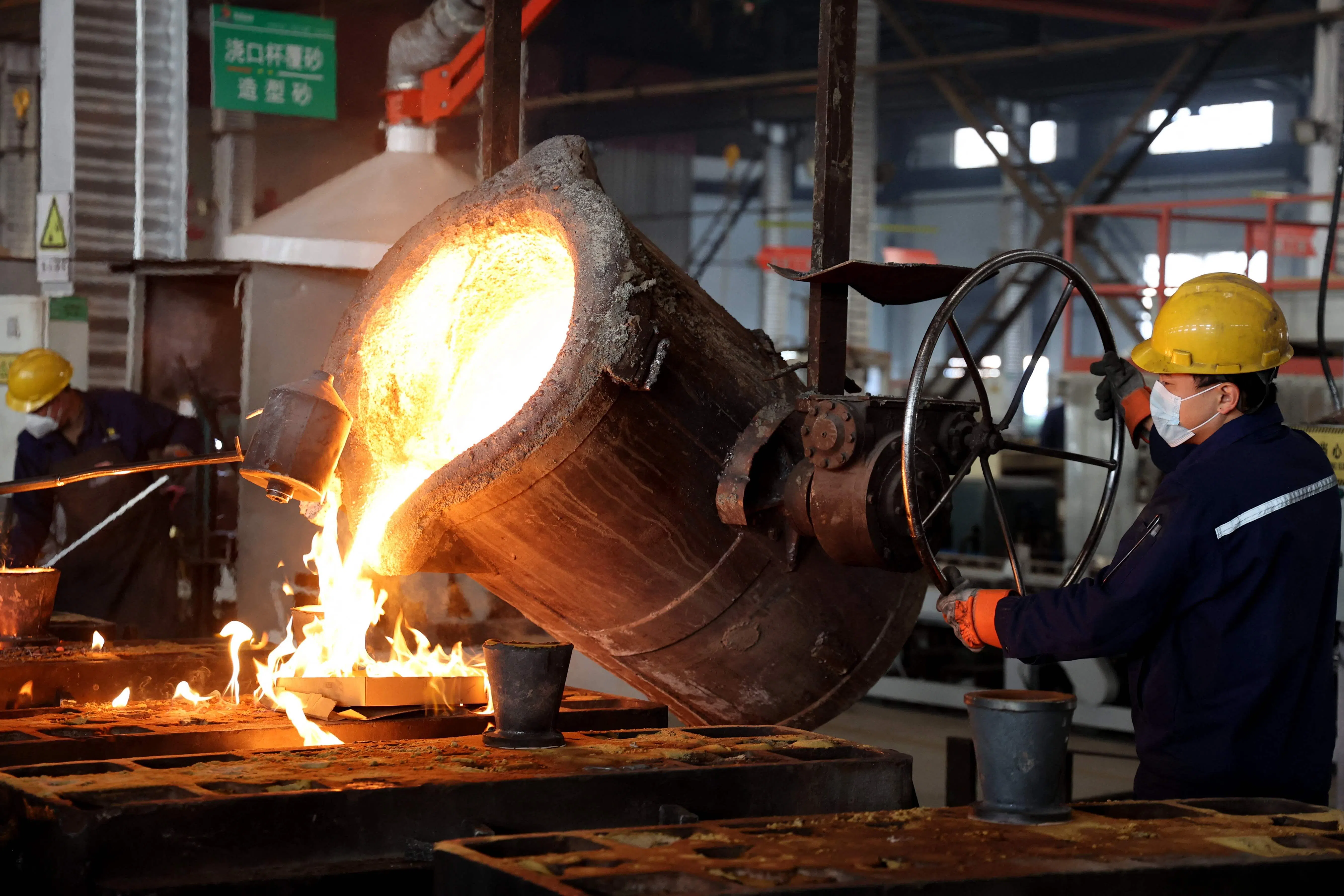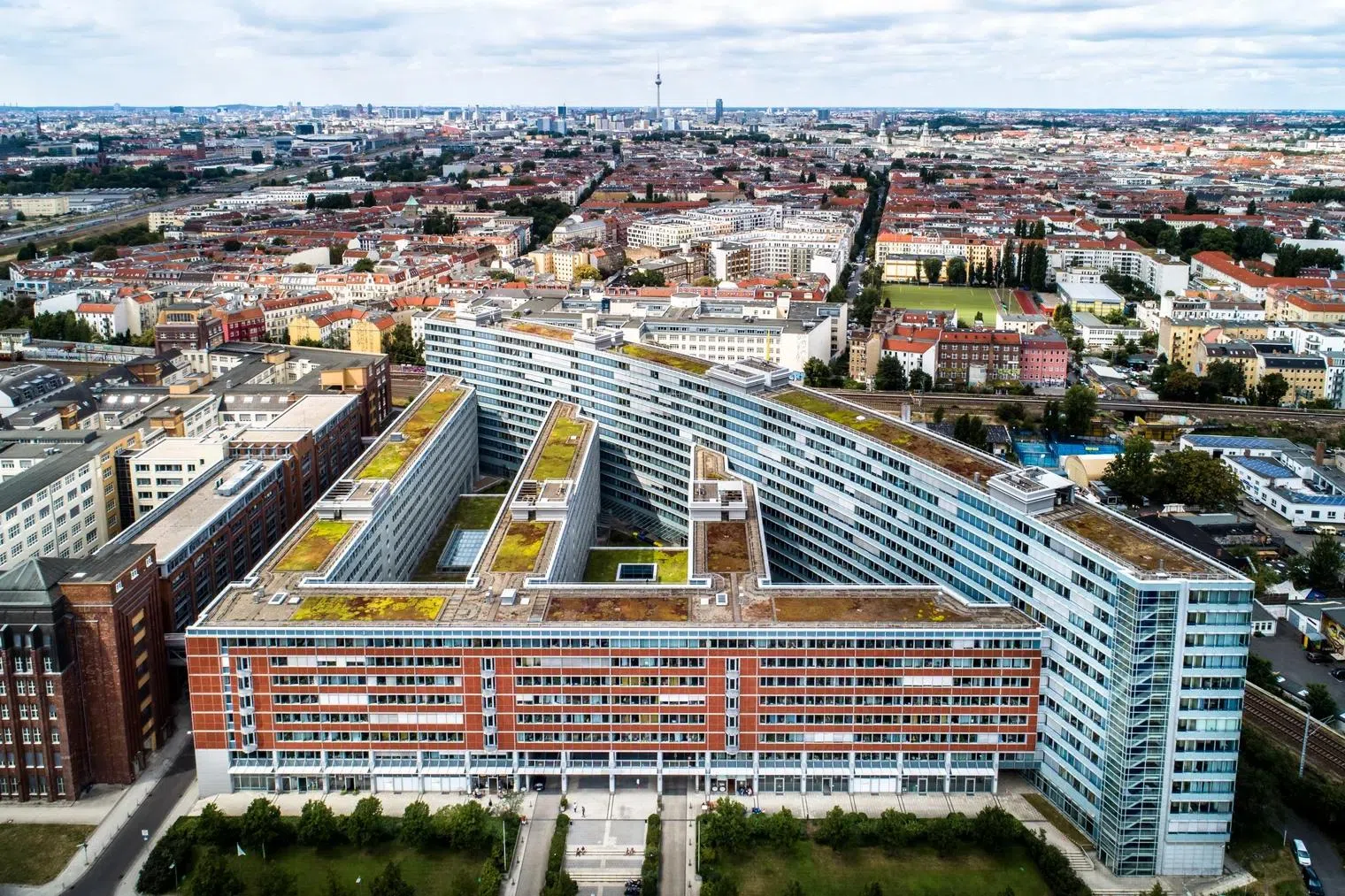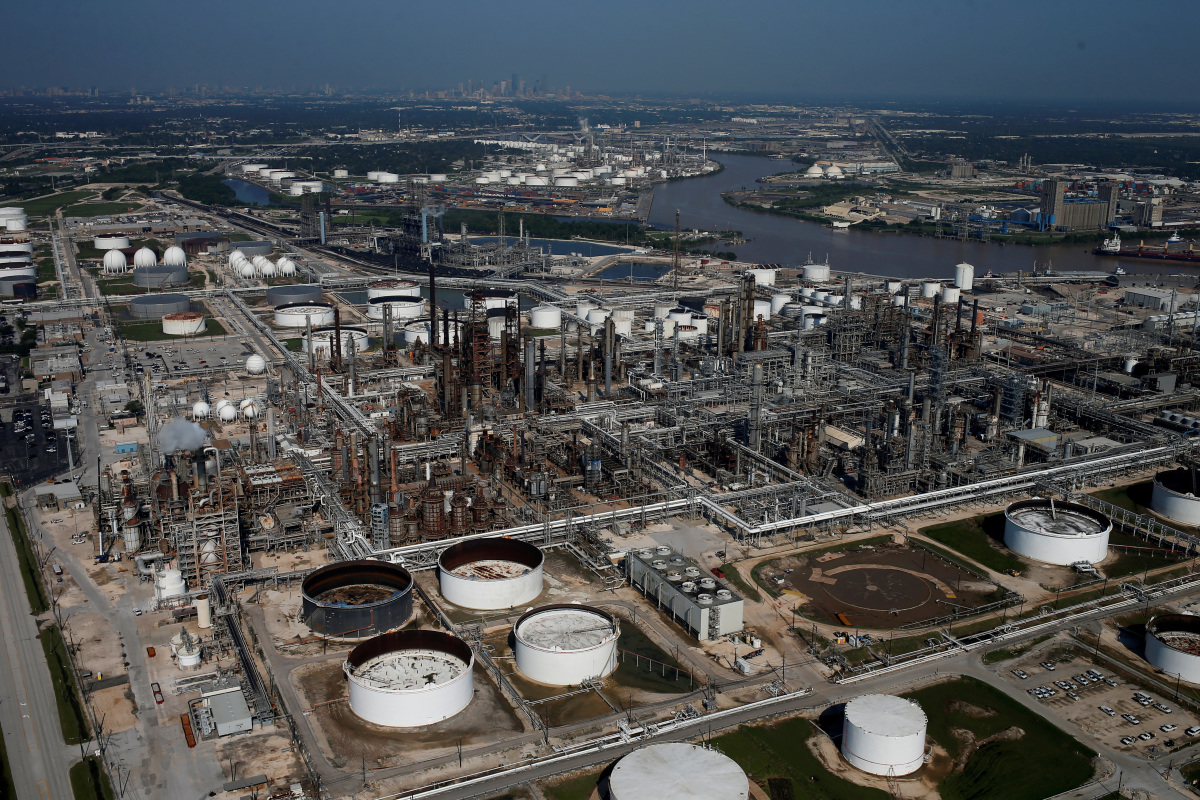CHINA looks set to miss a year-end target for boosting production of less-polluting steel as usage rates for cleaner, newer furnaces stall and the property crisis weighs on demand and prices.
The country is the world’s largest polluter as well as its biggest steelmaker, and efforts to clean up production of the alloy form part of an ambitious strategy to meet climate targets even as authorities also seek to shore up the economy from a slowdown. For steel, authorities have set a target for electric-arc furnaces (EAFs) to produce more than 15 per cent of total output by the end of 2025.
The average operating rate for these furnaces – which re-melt old steel, eschewing the use of coal – was 49 per cent last year, down from 54 per cent in 2023, according to Shanghai-based data provider Fubao Information, citing a survey of more than 100 plants. That’s the lowest rate in figures going back to 2021.
“It is certain that the 15 per cent target is going to be missed,” said Xu Xiangchun, an analyst at Mysteel Global in Beijing. “There is enough EAF capacity available to reach that target, but sluggish sales and plunging prices have led to output cuts as EAFs primarily produce construction steel, which are hit the most.”
Among China’s myriad, interlocking economic challenges, its debilitating real estate crisis has been among the hardest to solve, with home prices sagging amid a glut of unsold units. That’s been a serious headwind for steel demand, damaging prices and sparking cries of alarm from leading producers.
The World Steel Association put the EAF share of China’s total production at 9.9 per cent in 2023, and Florence Sun, a strategist at Macquarie Group, said last year’s figure was probably “slightly lower” than that. The target for this year was a stretch, she added.
EAFs are a less-polluting method of making the alloy than traditional coal-fired blast furnaces that have long dominated China’s steel industry, a sector that contributes 7 per cent of the world’s total carbon dioxide emissions.
Still, some analysts did expect progress towards the goal. Jiang Mengtian, an analyst at Horizon Insights, said there would be improvement throughout 2025, citing factors including the nation’s decarbonisation goals. BLOOMBERG






